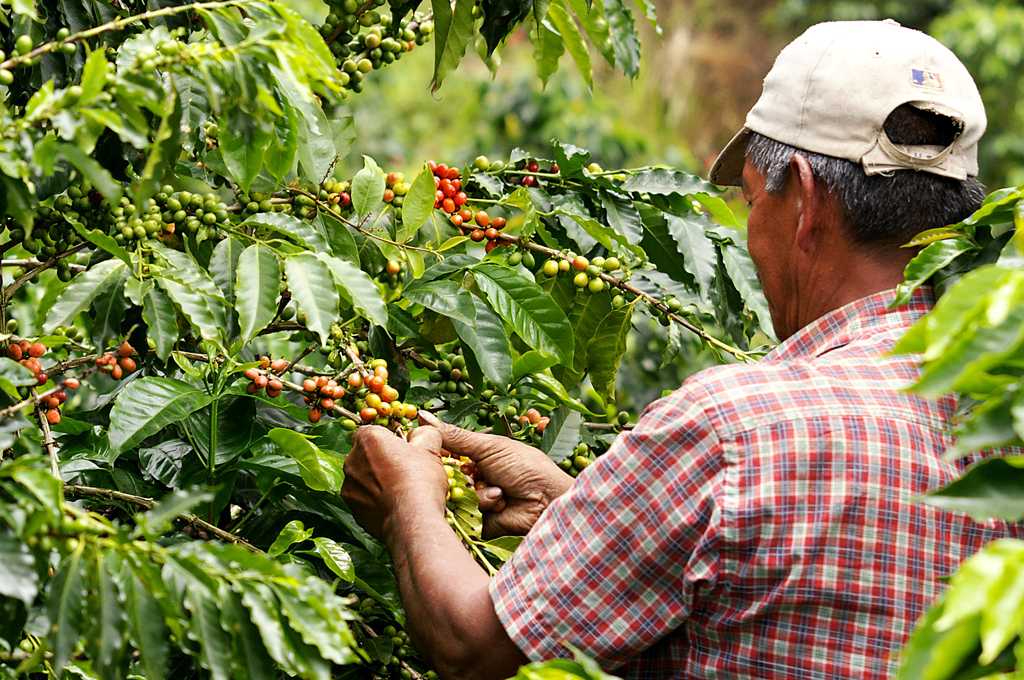A new research by the ICO shows that coffee farmers in selected countries are operating at a loss and that coffee growing is becoming less profitable over time. Since March 2015 the ICO composite price has been consistently below the 10-year average of 137.24 US cents/lb, raising concerns about the economic viability of coffee production and putting the livelihoods of coffee producers at risk in many countries.
As a result, there is a widespread concern in the coffee sector that a prolonged phase of low coffee prices could negatively affect the supply of high quality coffee beans and could have adverse effects on household incomes in coffee growing communities.
Hence, specific policies need to be formed to address the issue of economic sustainability of coffee production, stabilising supply in the future and enabling farmers to be fairly remunerated.
This new study assesses the cost structure of coffee production in selected countries (Brazil, Colombia, Costa Rica, and El Salvador), and derives recommendations on how to improve the economic viability of coffee production.
Download this study in PDF format.
Highlights
Research by the ICO shows that price volatility in the coffee market and increasing costs of production for farmers means that many producers operate at a loss in both the short and long term.
- Coffee production is not economically sustainable for many producers, and those who can make a profit struggle to cover the costs of establishment and plant renewal.
- Costs of production generally increase consistently over time, whereas international prices vary significantly with no clear upwards or downwards trend, meaning that coffee growing is on average becoming less profitable over time.
Why does this matter?
- The living conditions of millions of coffee farmers are deteriorating
- Reduced profitability over time could result in consolidation of coffee farms and/or disruption to coffee supplies, with farmers choosing to leave the market, or even abandoning their crops, which can pose a phytosanitary threat to neighbouring coffee farms.
Conclusions
- Existing data on costs of production is very limited and more data is needed about costs of production at the country level.
- More research is needed to find out how to address low profitability of coffee farming
Recommendations
- More research is needed to understand the economic viability of coffee production worldwide. Currently, research is hampered by data availability.
- Across the board productivity increases (e.g. through more efficient use of fertiliser and new varieties) as well as adoption of modern agronomic techniques with the aim of mitigating production risk can have a positive impact on the global supply of coffee and thus may also reduce price volatility.
- While increasing productivity can help farmers to become more cost-effective, they may still incur losses in years of low prices. Price volatility is part of market risk which includes also exchange rate, interest rate and counterpart default risk. The data suggests that market risk (price risk) is a particularly important variable.
- Hence, mitigation of price risk should rank high on the agenda. Farmers need to get access to risk management tools with the aim of (i) mitigating exposure to risk, and in order to (ii) strengthening resilience against inevitable shocks.
- Some countries have developed effective policy responses to factors which negatively affect the profitability of coffee farming. For example, Colombia responded successfully to the threat of coffee leaf rust, which Costa Rica has become a pioneer for measures to mitigate the impact of climate change in the coffee sector. These positive experiences should be shared between countries.















